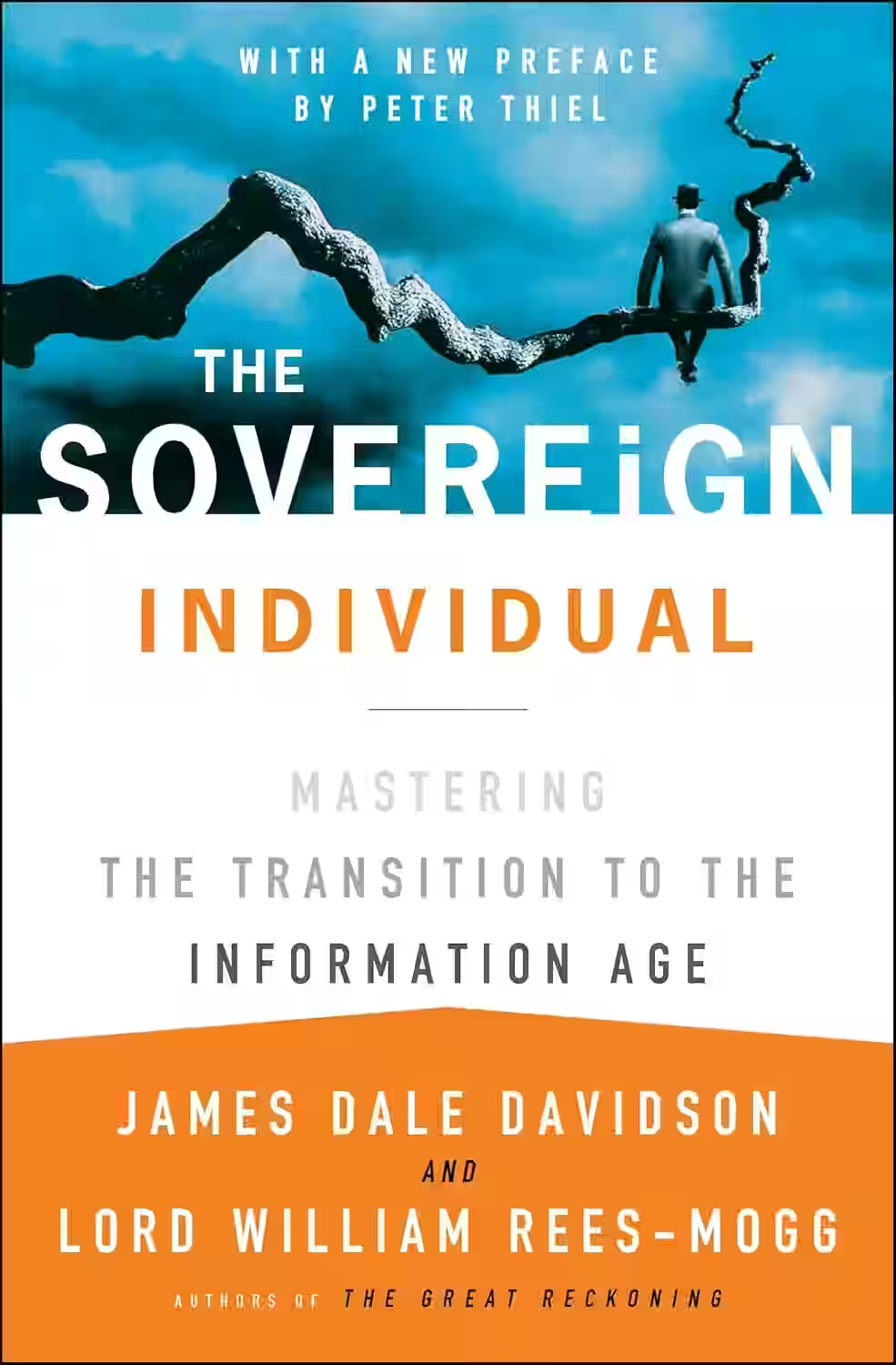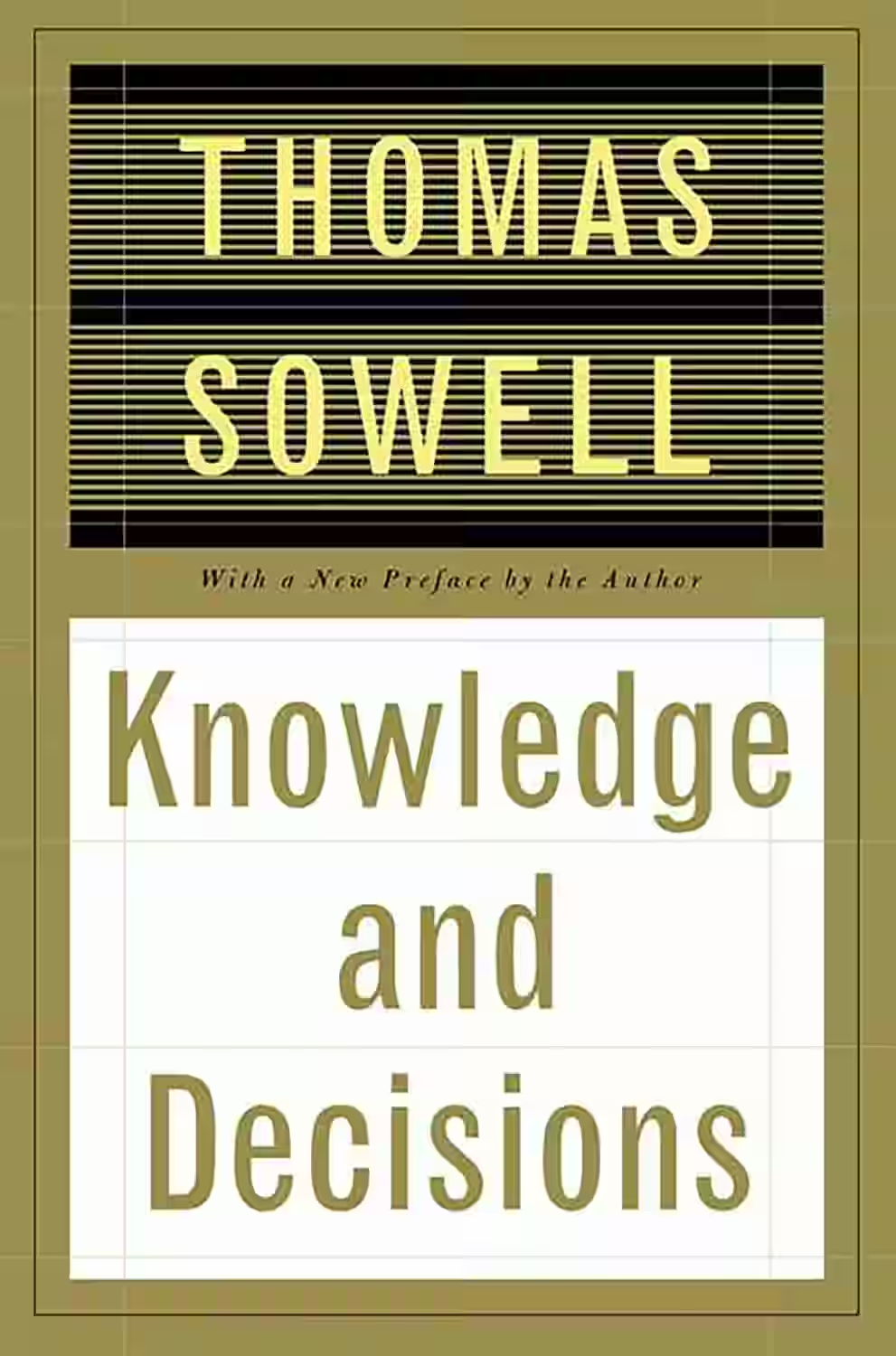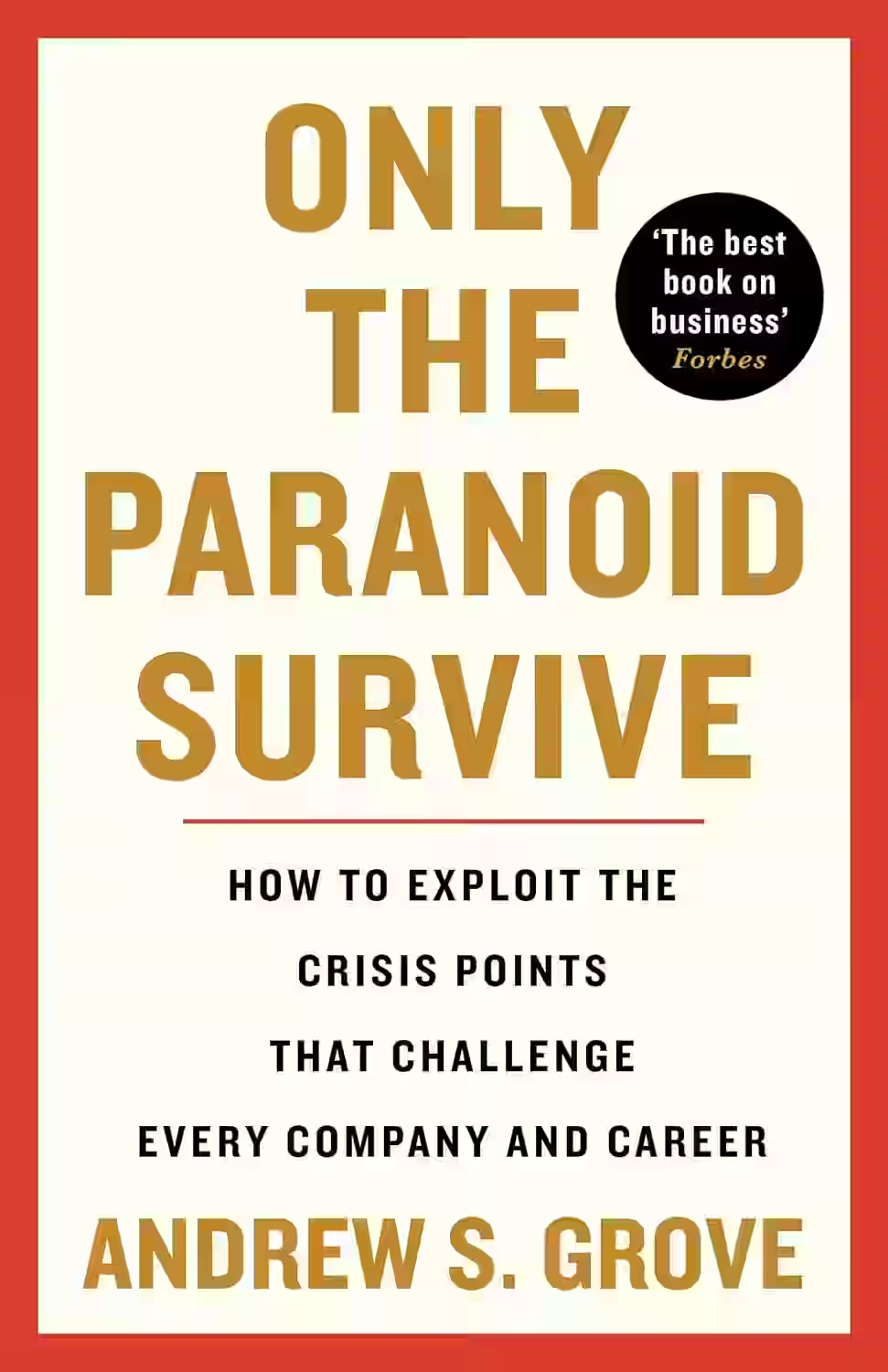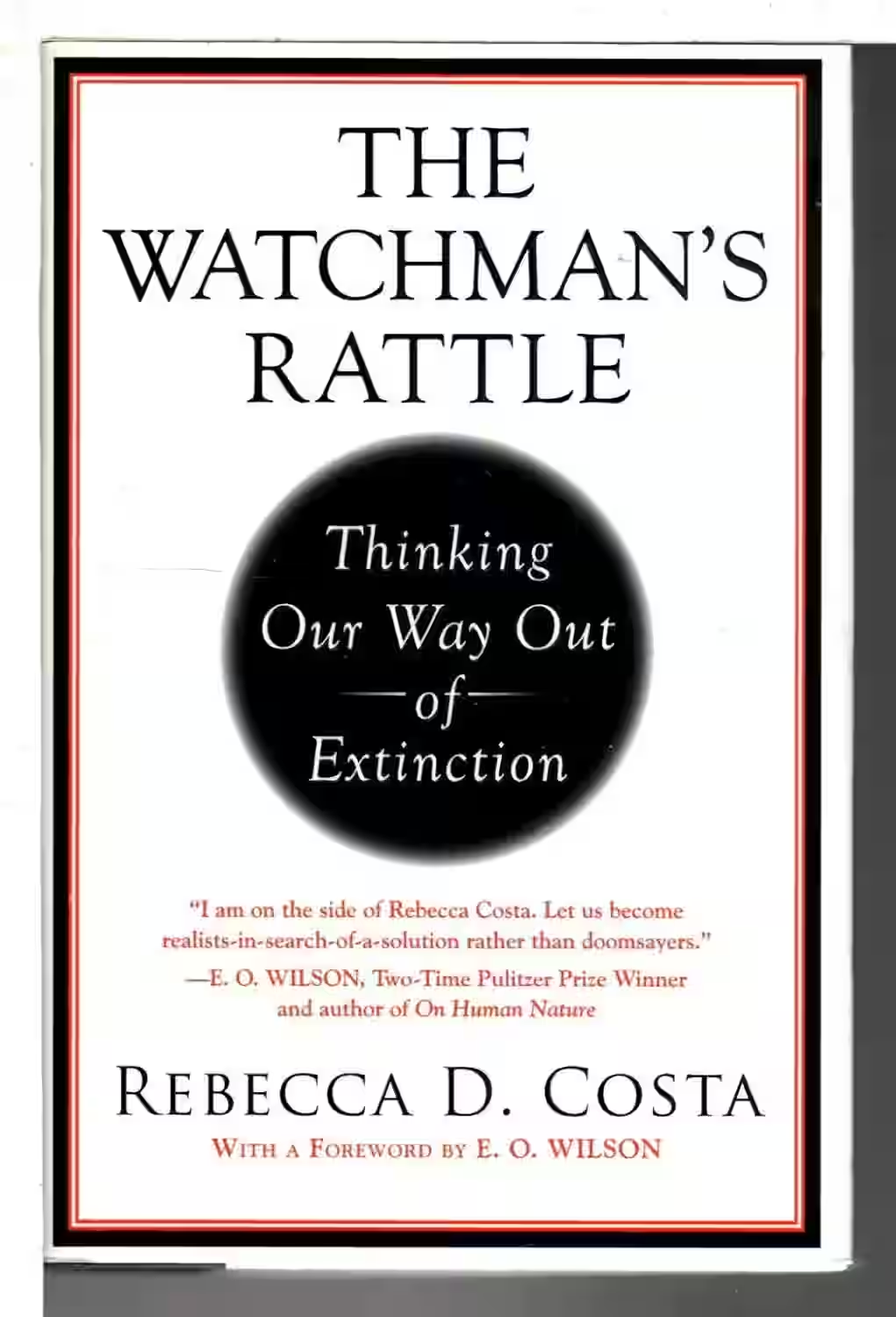
Published in 1997, The Sovereign Individual predicts the rise of the digital age and its impact on individual autonomy and state power. The authors argue that technological advancements, particularly the internet, will diminish the influence of governments and empower individuals to take control of their own lives. They foresee a future where traditional institutions are challenged, and personal sovereignty becomes paramount. This provocative work offers a foresightful analysis of the intersection between technology, economics, and personal freedom.
About James Dale Davidson
James Dale Davidson is an American economist, investor, and author known for his work on financial forecasting and geopolitical risk. He co-authored The Sovereign Individual, a prescient book analyzing how technology would reshape personal freedom and state power. Davidson has founded several investment and financial advisory publications, including Strategic Investment. His writing often blends economics, futurism, and libertarian thought, advocating for individual sovereignty in a rapidly changing digital world. While controversial at times, his predictions on economic disruption and the weakening of centralized institutions have influenced many readers in financial and tech communities.
About William Rees-Mogg
William Rees-Mogg was a British journalist, public intellectual, and life peer, best known for his tenure as editor of The Times (1967–1981). He co-authored several futurist books with James Dale Davidson, including The Sovereign Individual, which forecast the decline of nation-states in the digital age. A former vice-chairman of the BBC, Rees-Mogg combined traditional conservative values with a forward-looking perspective on technology and finance. His writings often examined long-term trends in governance, morality, and economics. He was also the father of British politician Jacob Rees-Mogg, and his legacy includes a blend of literary refinement and radical forecasting.
Similar Books

Knowledge and Decisions
Economist and political commentator Thomas Sowell explores how knowledge is distributed and used across different institutions, from markets to governments. He argues that decision-making is most efficient when decentralized and guided by incentives, rather than centralized planning. Sowell highlights how information, incentives, and constraints shape outcomes in society, emphasizing the superiority of systems that allow individuals to act on local knowledge. Rich in economic and philosophical insight, the book critiques technocratic overreach and defends free-market mechanisms. It’s considered one of Sowell’s most intellectually rigorous works, offering a deep framework for understanding how societies function.

Only the Paranoid Survive
In this business classic, Intel co-founder Andy Grove shares insights into managing “strategic inflection points”—critical moments that can make or break a company. Drawing from his experience leading Intel through seismic shifts in the tech industry, Grove emphasizes the importance of adaptability, vigilance, and courage. His core idea: constant change demands a mindset of healthy paranoia. Companies and leaders must be ready to pivot when conditions shift. Part memoir, part management manual, the book offers practical strategies for staying competitive, fostering innovation, and leading through uncertainty. It remains a must-read for entrepreneurs, executives, and strategic thinkers.

Letters from a Self-Made Merchant to His Son
First published in 1901, this epistolary book presents fictional letters from a successful Chicago pork packer to his college-aged son. Blending wit, business acumen, and life wisdom, the father offers advice on work ethic, integrity, personal character, and money management. Written in a candid and humorous tone, the book delivers old-fashioned common sense that remains surprisingly relevant. It's a manual not just for business, but for becoming a responsible and grounded adult. The blend of fatherly guidance and entrepreneurial insight has made it a classic on both parenting and leadership.

The Watchman's Rattle: Thinking Our Way Out of Extinction
Rebecca Costa’s The Watchman’s Rattle explores how civilizations collapse when complexity outpaces our ability to solve problems. Blending science, history, and psychology, she argues that as global crises become more complex, society risks paralysis unless we evolve our cognitive strategies. Costa introduces the idea of “cognitive threshold,” suggesting we must adopt new ways of thinking—such as intuition and pattern recognition—to survive modern challenges. The book links ancient failures with contemporary threats like climate change and global instability. It’s a call to embrace adaptive thinking before our most pressing problems become unsolvable.